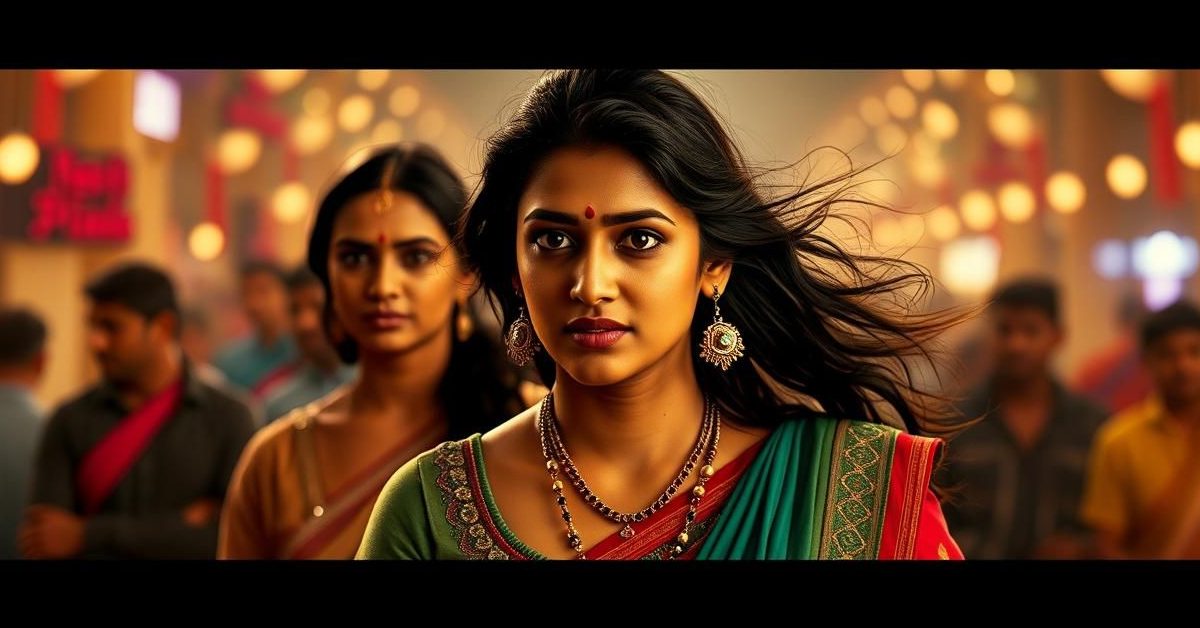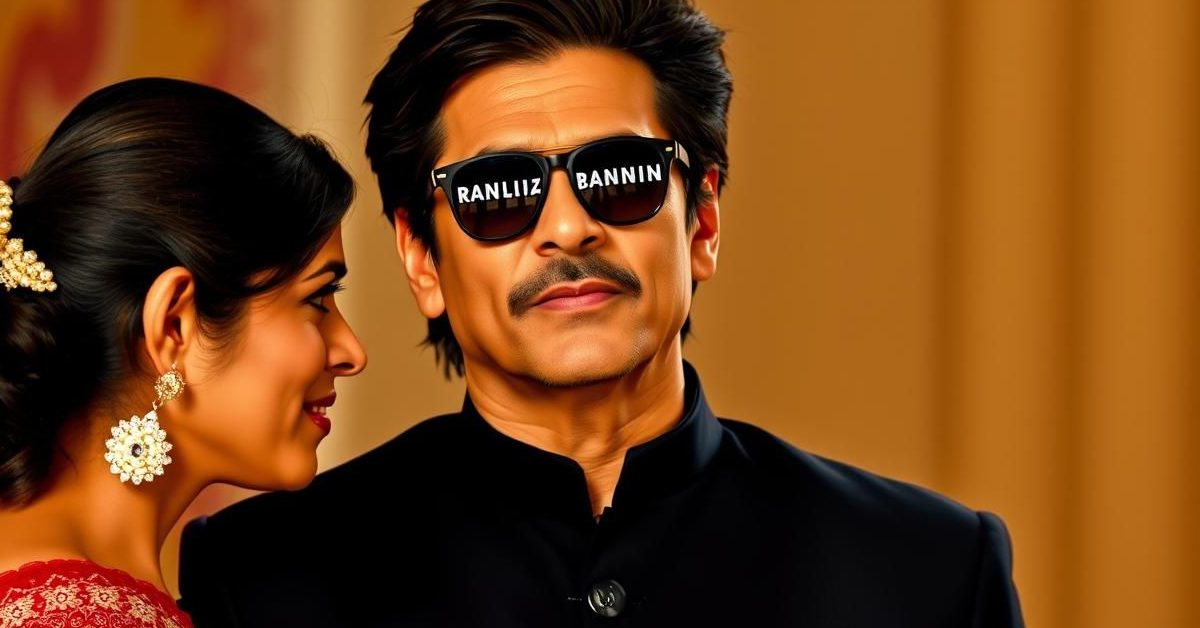The untold story of Nanabhai Bhatt, a celebrated Bollywood filmmaker and patriarch of an iconic family, reveals a life marked by secrets, dual families, and the profound impact of his choices on his famous son, Mahesh Bhatt.
The Cinematic Patriarch with a Hidden Life
Nanabhai Bhatt was a prolific filmmaker, directing 99 movies before his death in 1999 at age 83. Known for his low-budget mythological films, he worked with stars like Ashok Kumar, but his personal life remained largely out of public view.
Born in 1915, Nanabhai began his directorial career in the early 1940s. While married to Hemlata, he also had a relationship with Shirin Mohammed Ali, a Shia Muslim woman. Their son, Mahesh Bhatt, was born shortly after India’s independence.
For decades, Nanabhai kept his second family a secret, refusing to publicly acknowledge Shirin as a wife. This clandestine existence profoundly shaped Mahesh Bhatt’s childhood and his later perspective on family and identity.
Mahesh Bhatt’s Challenging Upbringing
Mahesh Bhatt often speaks about growing up without a consistent father figure. He recalls his father visiting but never staying, always keeping his shoes on, a clear sign of his transient presence.
Despite his father financially supporting their education and household, Mahesh felt the sting of his absence. When teased by friends about his father not being home, he openly stated that his father had “another home.”
His mother, Shirin, lived a life of quiet defiance and assimilation. While a devout Muslim, she adopted Hindu traditions like wearing a ‘tika’ to avoid drawing attention to her minority status, especially during turbulent times like the 1992 communal riots.
Mahesh has described the constant struggle with this hidden truth. He felt a deep stigma, observing other families with their public displays of unity, which made him realize his own family’s unconventional structure.
A Mother’s Tribute and Final Gestures
Mahesh Bhatt’s 1998 film, “Zakhm,” was a poignant tribute to his mother, Shirin. Interestingly, Nanabhai reportedly opposed the film’s original title, “Shirin,” and even took out a trade article denying such a person existed.
The narrative of Nanabhai’s complex family life extended beyond Shirin. Mahesh later came to understand his stepmother’s equally tragic existence due to Nanabhai’s choices. In a surprising turn, his stepmother honored Nanabhai’s dying wish for his body to be taken to Shirin’s house, a public acknowledgment of their bond in death.
At Shirin’s funeral, Nanabhai made a symbolic gesture, applying sindoor to her forehead, which Mahesh found to be “too little too late,” as his mother had always longed for public acceptance during her lifetime.
Conflicting Family Accounts
While Mahesh Bhatt has openly shared his experiences, his nephew, director Dharmesh Darshan, offers a different perspective. Dharmesh claims that Nanabhai did not abandon either family and that both wives were legitimate, living together harmoniously. He described Nanabhai as a “great man” who was unfairly criticized.
Nanabhai Bhatt’s Enduring Legacy
Beyond his intricate personal life, Nanabhai Bhatt left a significant mark on Indian cinema. He worked in both Hindi and Gujarati film industries. His notable films include the 1959 hit “Kangan,” starring Nirupa Roy and Ashok Kumar, and “Muqabala” (one of the first films to use double roles). Other well-received works include “Alibaba Aur Chalis Chor” (1954), “Zimbo” (1958), and “Lal Qila” (1960).
- Nanabhai Bhatt directed 99 films, primarily mythologicals, and was a prominent figure in early Bollywood.
- He maintained two families, keeping his relationship with Shirin Mohammed Ali and their children, including Mahesh Bhatt, a secret for decades.
- Mahesh Bhatt’s childhood was deeply affected by his father’s absence and the stigma of his ‘illegitimate’ status.
- Nanabhai’s final wishes and gestures at Shirin’s funeral highlighted the complexities of his dual life.
The life of Nanabhai Bhatt remains a compelling tale, reflecting the hidden complexities often found behind the dazzling facade of the Indian film industry.














